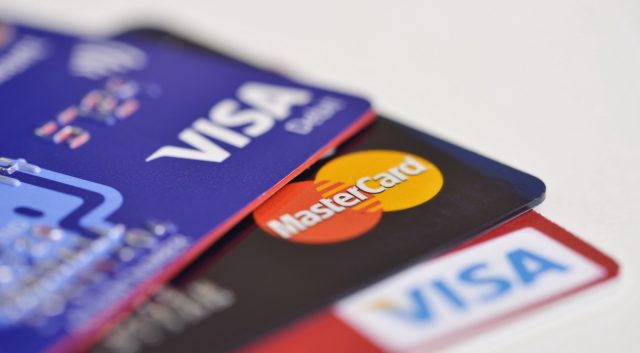Do you want to get your finances in order? An excellent way to start is by improving your credit score. Your credit score is one of the most critical numbers in your life, and it can affect everything from your interest rates to your ability to get a loan. Loans are available from various sources, including The Associates Home Loan of Florida, Inc.
While alternative credit loans typically have higher interest rates than traditional loans, they can be a good option for borrowers with poor credit or limited income. In addition, alternative credit loans often have more flexible terms than traditional loans, making them easier to repay. For these reasons, alternative credit loans can be a helpful option for borrowers needing financial assistance. This blog post will discuss five ways to improve your credit score in twelve months.
Alternative Credit Loans
Alternative Credit Loans are financing extended to borrowers who may not have the traditional means of qualifying for a loan. This can include those with poor credit, little to no credit history, or a limited income. Alternative Credit Loans often have higher interest rates and less favorable terms than traditional loans, but they can still be helpful for borrowers needing financing. When used wisely, Alternative Credit Loans can help borrowers bridge the gap between their current financial situation and their future goals.
Pay Down Balances
Paying down the balance on your credit cards is one of the best ways to improve your credit score. This is because credit utilization, the ratio of your credit card balances to your credit limits, is one of the most significant factors in your credit score. Paying down your balances can lower your credit utilization and boost your score.
Additionally, paying down your balances can help you save money on interest charges. When you have a lower ratio, you’ll pay less interest each month, which can free up some extra cash for other financial goals. Finally, paying down your balances can help improve your debt-to-income ratio, another important factor in your credit score. So, focus on paying down your credit card balances to boost your score.
Handle Debt Collectors
Handling debt collectors is not always easy, but it can benefit your credit. First, you should know your rights when dealing with debt collectors. The Fair Debt Collection Practices Act protects consumers from unfair or abusive practices by debt collectors.
This means that you have the right to request that a debt collector stop contacting you, and you also have the right to dispute the debt. If you dispute the debt, make sure you do so in writing and include any supporting documentation. Understanding your rights and acting accordingly can improve your credit and protect yourself from harassment.
Get A Secured Credit Card
A secured credit card can be a great option to help improve your credit. It is a credit card that is backed by a deposit you make. This deposit secures the credit limit on the card. The benefit of a secured credit card is that it reports to the credit bureaus just like a regular unsecured credit card. Using a secured credit card and making on-time payments can help improve your credit score.
There are a few things to remember when choosing a secured credit card. Select a card with no annual fee and a low-interest rate. You should also consider how easy it will be to qualify for the card. Some secured cards require a good or excellent credit score to prepare, so if you have bad credit, you may not be able to get approved.
Dispute Credit Report Inaccuracies
If you find errors on your credit report, dispute them with the credit bureau in writing. Include copies (NOT originals) of documents that support your position; an example might be a canceled check showing you made a payment. In addition, include a brief statement explaining why you are disputing the information. Send your dispute by certified mail, and return the receipt requested, so you can document that the credit bureau received your dispute.
Keep copies of your dispute letter and enclosures. The credit bureau is required to investigate and respond to your dispute, usually within 30 days. If the bureau reports the item as corrected or deleted, it must also send notice of the correction or deletion to any company that previously received your report. If an item is changed or deleted, the credit bureau cannot put the disputed information back in your file unless the creditor verifies that it’s accurate and complete.
Conclusion
After reading this article, you should have a much better understanding of how your credit score is calculated and the steps you can take to improve your credit rating. Many factors go into your credit score, and it can be challenging to improve your credit if you don’t know where to start. However, by following some simple tips and making a few changes to your financial habits, you can see a significant improvement in your credit score within twelve months.
One of the most important things you can do is make all your payments on time. This includes your monthly bills and any outstanding debt, such as credit cards or loans. Additionally, you should try to keep your credit utilization low, which means using less than 30% of your available credit. Following these steps can dramatically improve your credit score within one year.




